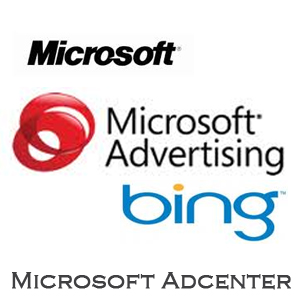
Last week Bing made its big announcement and introduced some new ideas they are adding to their user interface. What’s the big announcement? Bing has made alliance with Encyclopedia Britannica to present information in a different way. The information presented will be more related to a search query on its results page.
On a current blog post from this week Bing is quoted as saying. “Starting today, we’re excited to announce a partnership with Encyclopedia Britannica to include Britannica Online answers directly in the Bing results page.” What was triggered this idea? Bing stated that the overall purpose of their partnership with Britannica is to deliver relevant information in a way that helps users find useful information quickly.
Another partner in this new interface is Microsoft. Along with Bing, Microsoft is announcing that it has also partnered with Encyclopedia Britannica. They will be the driving force that helps to integrate Britannica Online and the search results for Bing’s results page. Microsoft is going to create the capability for the information about the keywords to be shown at a snapshot even before you visit a webpage.
The name of this new system is called “Britannica Online Encyclopedia Answers.” This system will have a quick overview of the topic you searched for. This will be coupled with a thumbnail image and other quick view facts relevant to the topic the user searched for. From here the user can choose from a list of online encyclopedias like Britannica, Freebase, Qwiki, and Wikipedia.
Search Engine Land’s Matt McGee says that Bing’s main purpose is not to compete with Google but to simply prove itself as a source of very useful search results.
If you must compare Google’s Knowledge Graph and Bing; McGee noted some major differences.
“Bing is currently showing these Britannica-powered listings far less often than Google shows Knowledge Graph boxes.
- Bing seems to show the Britannica information only if a Britannica URL appears as one of the organic search results.
- Bing’s display happens right with the organic search result, while Google shows Knowledge Graph boxes to the right of the organic results.”
Although there are few differences Bing has taken its first step to deliver more informative search results in the future. For students, bloggers, businessmen and other internet users this tool will definitely be useful.



Peter Daisyme
June 29, 2012 at 12:53 am
Thanks for the monthly updates!